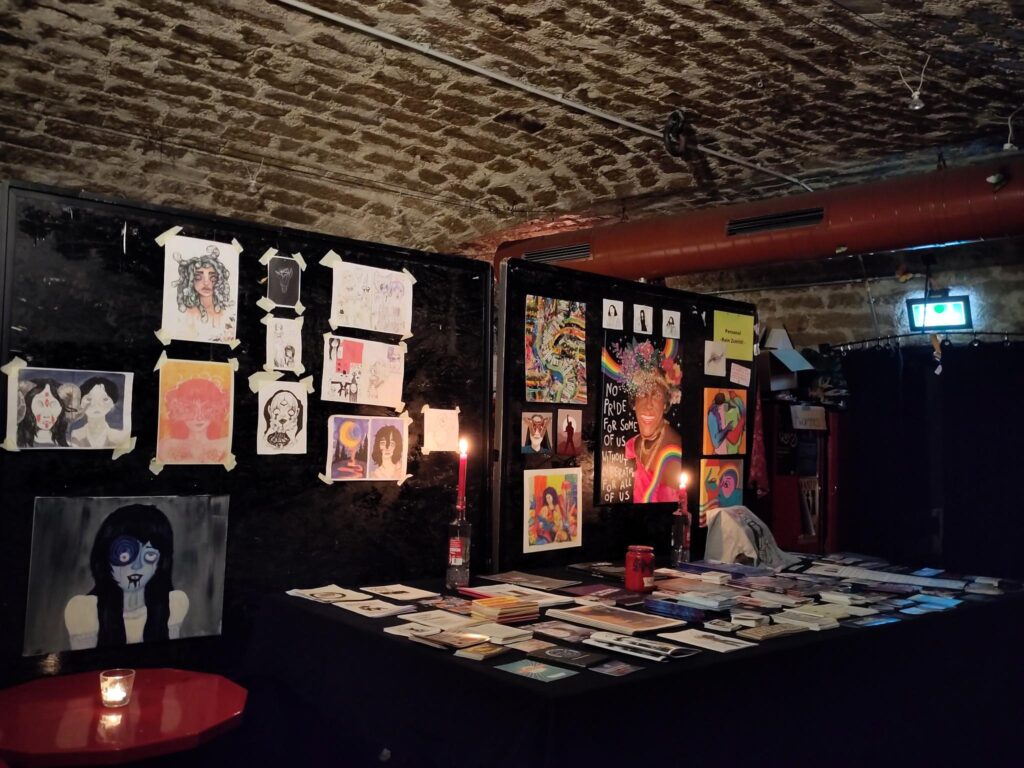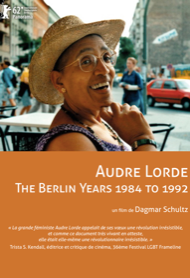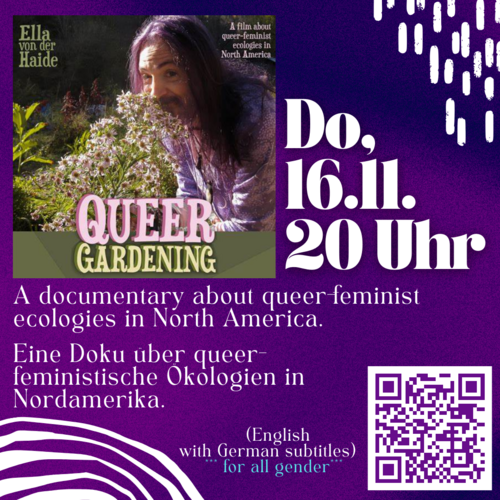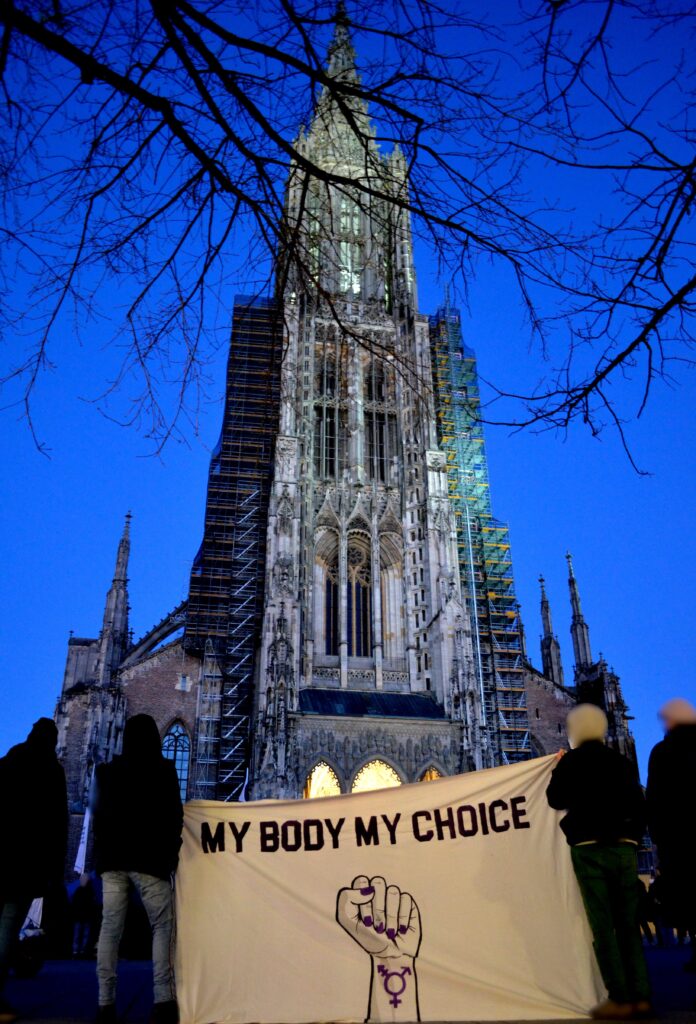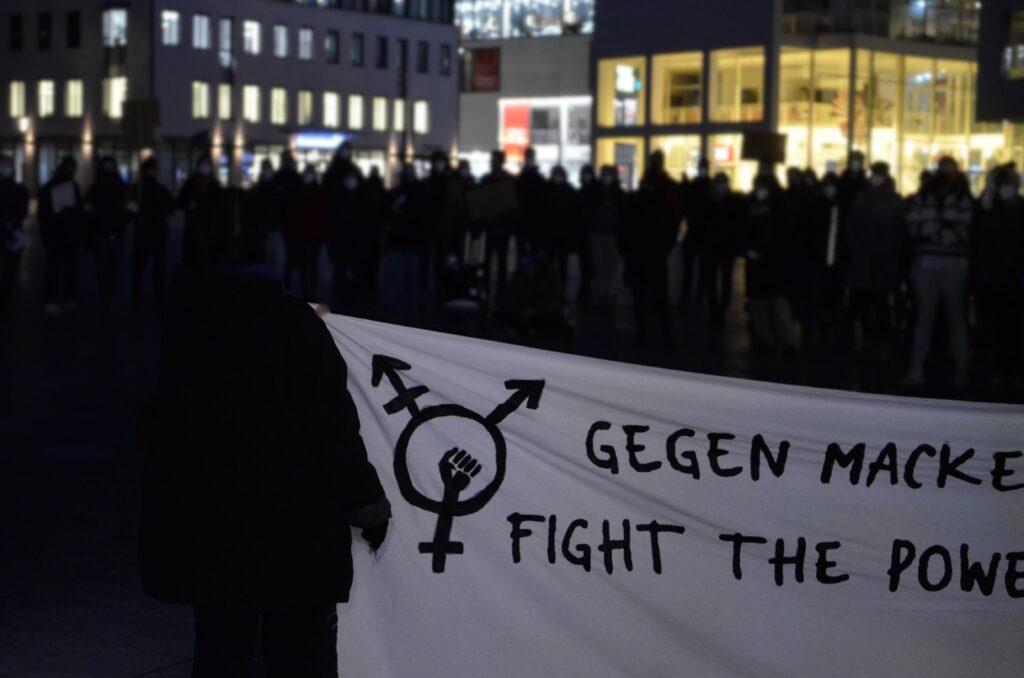First of all: what does FLINTA* actually stand
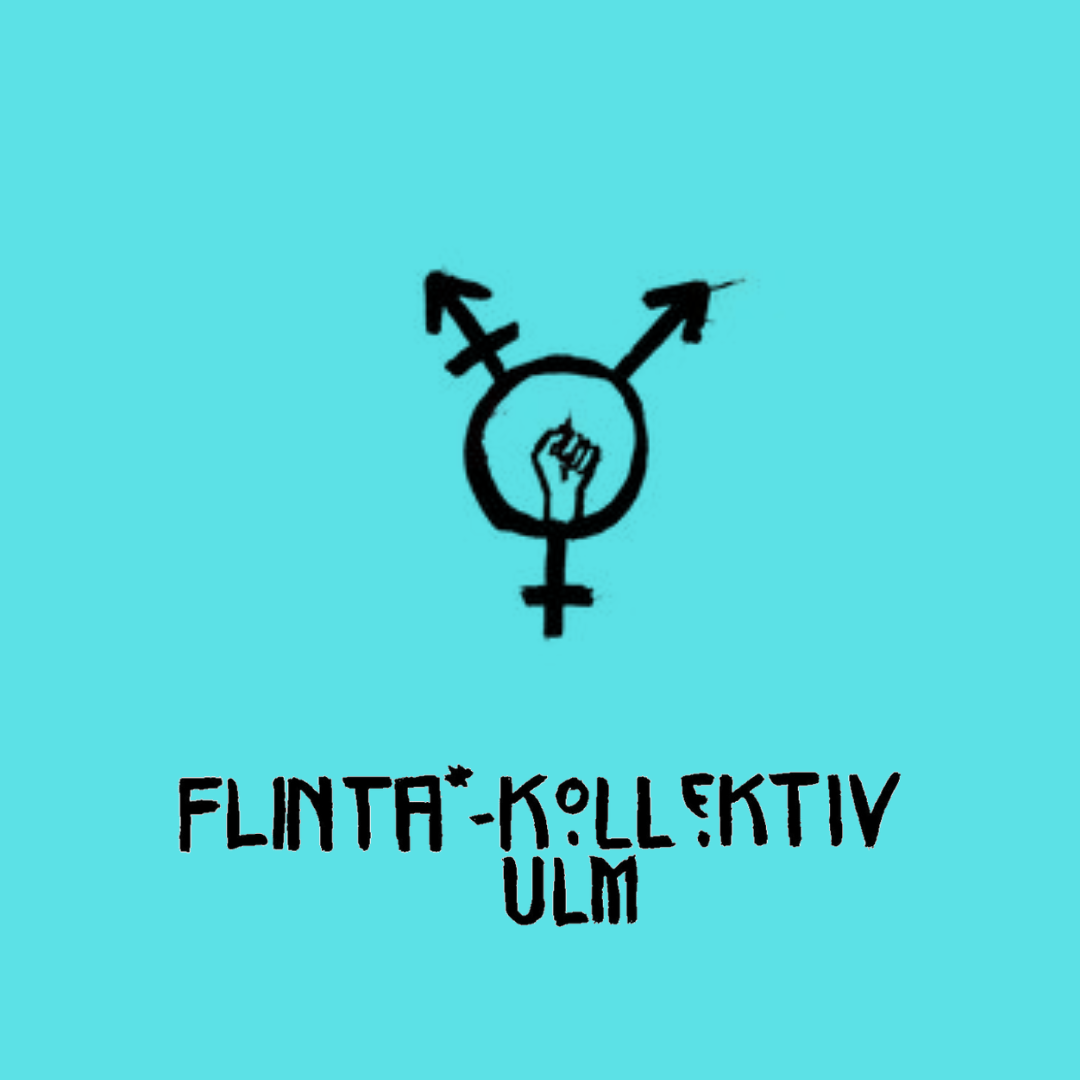
FLINTA* stands for women, lesbians, inter, non-binary, trans* and agender people. The star represents the other gender identities that are not included in the 6 terms, but are just as oppressed in the patriarchal system. The term is thus intended to encompass all people who are discriminated against in our society on the basis of their own gender identity.
(Some of the terms we mention here are explained below).
Why is this term important?
Feminist movements and aspirations have been around for a very long time and we have these vehement and constant struggles to thank for some of the achievements towards a more equal life. These feminist struggles have always been fought not only by cis women, but also by people whose gender identity does not match the sex assigned to them at birth or who do not fit into the social construct of gender binary (man/woman). The term “FLINTA*” should therefore *really include all people* who have always been part of feminist struggles and are still disadvantaged in the patriarchal system of oppression today. Because that doesn’t just mean cis women, but also intersex, trans* and non-binary people. The term FLINTA* is dynamic and will certainly continue to develop and grow in its political dimensions in the future.
And what does the FLINTA* collective do?
Our group was founded before March 8, 2022, the feminist day of struggle – we call it that because feminism brings important achievements for absolutely all gender identities and it’s not just about cis women, it’s about all of us! On this day, we organized a demonstration that was both militant and empowering thanks to the many wonderful people who came together. It is important to us to create structures for empowerment and safer spaces. That’s why there has been a FLINTA* bar in Ulm for some time now, where FLINTA*s can get to know each other, network and simply have fun. There can be no feminist liberation without also fighting economic and power relations. In our view, patriarchy and capitalism, as well as other forms of structural discrimination such as racism, antisemitism, ableism, are links, and must be considered and combated together.
What are safer spaces and why are they important?
So-called safer spaces are protected spaces, i.e. places that are aimed at a group with a common discrimination characteristic. In our case, a person’s gender identity. This is important in order to give people the opportunity to open up, exchange ideas, talk about experiences of discrimination and, of course, empower each other. The word “safer” instead of “safe” is chosen to show that spaces can of course never be completely safe.
The FLINTA* Tresen is therefore a safer space for all women, inter, non-binary, trans*, agender and other people who are excluded from endo-cis-male privileges. We want to organize an empowering pub evening with you every 2nd and 4th Friday of the month, where we can move a little more freely from the various restrictions and forms of oppression of the patriarchy. An evening where we can network with other people who are also affected by sexism and simply have fun. If you feel like it, you are cordially invited to come along!
The ultimate aim is not to remain forever enclosed and isolated in such a space, but to empower each other to find the creativity, strength and courage for actions and political work that go beyond the scope of this space.
In addition to the bar, we organize other events and exchange ideas.
How can I contact you?
We meet every 3rd Monday of the month at 7 pm at Anarres. FLINTA*s cordially invited!
Mail: flintakollektiv-ulm[at]riseup.net Instagram: flintakollektivulm
Explanation of terms:
inter: Intersex (or inter) are people whose genetic, hormonal or physical characteristics cannot be assigned to the medical norm of “clearly” male or female.
endo: People who are not intersex, i.e. whose bodies fit into a clear medical norm of male or female bodies, are referred to as endosexual (or endo).
trans*: Trans* is an umbrella term for all people who do not identify with the gender they were assigned at birth. Trans* women are women who were not assigned the female gender at birth and trans men are men who were not assigned the male gender at birth. Trans* is an adjective and is written in lower case (except at the beginning of a sentence).
cis: People who are not trans*, i.e. who identify with the gender they were assigned at birth, are referred to as cisgender (or cis).



